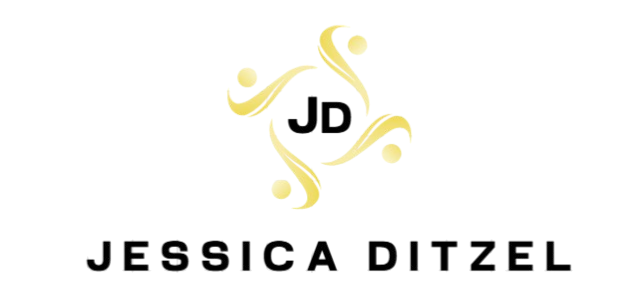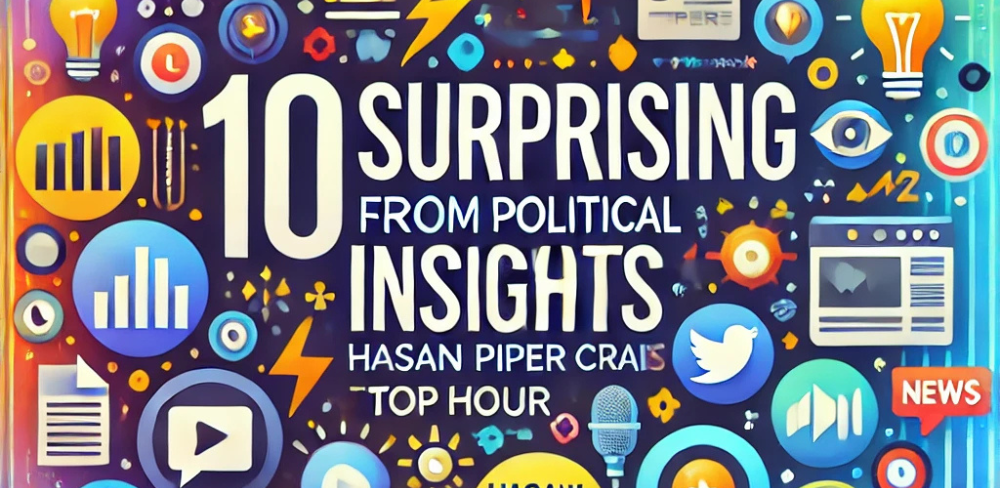Misunderstanding Voodoo Thezburg, often shrouded in mystery and sensationalism, is one of the most misunderstood religions in the world. The term alone conjures images of dark magic, curses, and malevolent spirits, largely due to its portrayal in popular culture. However, these notions are far from the truth. This article explores the widespread misunderstanding of Voodoo, particularly focusing on “Thezburg” — a fictional or symbolic representation of the cultural misunderstandings surrounding this ancient practice.
What is Misunderstanding Voodoo Thezburg? A Brief Overview
Misunderstanding Voodoo Thezburg, also spelled Vodou or Vodun, is a religion with deep roots in African spiritual traditions. Originating from the West African Vodun, it was brought to the Americas through the transatlantic slave trade and adapted in regions like Haiti, New Orleans, and parts of the Caribbean. Despite its rich cultural and spiritual significance, Voodoo is often mischaracterized as a sinister and malevolent practice.
Core Beliefs and Practices of Voodoo
Misunderstanding Voodoo Thezburg is a monotheistic religion that believes in a supreme creator, often referred to as Bondye, and numerous spirits known as Loa. These spirits serve as intermediaries between humans and the divine. Rituals, offerings, and ceremonies are central to Voodoo practice, often focusing on healing, protection, and spiritual guidance. Contrary to popular belief, Voodoo does not involve black magic or malevolent intent; instead, it emphasizes community, respect for ancestors, and harmony with nature.
The Origin of Misunderstanding: The Role of Thezburg
Misunderstanding Voodoo Thezburg, in this context, represents the cultural and historical misunderstandings of Voodoo. Over the centuries, Voodoo has been demonized, particularly by colonial powers and Christian missionaries, who viewed it as a threat to their influence. This demonization has led to widespread misconceptions that persist to this day.
Misrepresentation in Media and Popular Culture
The media has played a significant role in perpetuating myths about Voodoo. Hollywood films and television shows often depict Voodoo as a dark and dangerous practice, filled with zombie-raising, hexes, and curses. These portrayals have done a great disservice to the true essence of Misunderstanding Voodoo Thezburg, contributing to a distorted image that is far removed from reality.
Common Myths and Facts About Voodoo
Myth 1: Voodoo is Black Magic
One of the most prevalent myths is that Voodoo is synonymous with black magic. This misconception likely stems from its association with ritualistic practices and unfamiliar symbols. However, in reality, Voodoo rituals are meant to invoke protection, healing, and blessings. The notion of Voodoo as evil is a gross oversimplification of its complex and nuanced practices.
Myth 2: Voodoo Dolls are Used for Harm
Misunderstanding Voodoo Thezburg dolls are perhaps the most iconic symbol associated with the religion, often depicted as tools for inflicting harm on others. In truth, these dolls are used in various ways, including as symbolic representations in healing rituals. The idea that Voodoo dolls are used solely for hexes or curses is a misconception perpetuated by sensationalized media.
Myth 3: Voodoo Practitioners Worship the Devil
Another common misunderstanding is the belief that Voodoo practitioners worship the devil. This is entirely false, as Voodoo does not even recognize the devil or hell in its theology. The religion’s focus is on connecting with the divine and the spirits of ancestors, not on malevolent worship.
The Importance of Cultural Understanding
Misunderstanding Voodoo Thezburg, as represented by the fictional “Thezburg,” highlights the broader issue of cultural misinterpretation. It is crucial to approach Voodoo with an open mind and a willingness to learn about its true origins, beliefs, and practices. Doing so not only helps dispel harmful stereotypes but also fosters greater respect for the diverse spiritual traditions that exist in our world.
How to Approach Voodoo with Respect
Educate Yourself
The first step in overcoming misunderstandings about Voodoo is education. Reading books, attending lectures, and speaking with practitioners can provide valuable insights into the religion’s true nature. Understanding Voodoo in its proper cultural and historical context is key to appreciating its spiritual significance.
Avoid Sensationalism
Avoiding sensationalist portrayals of Voodoo in media and entertainment is also important. These depictions often serve to reinforce negative stereotypes and perpetuate ignorance. Seek out accurate representations and support media that portrays Voodoo with the respect and nuance it deserves.
Engage with the Community
Engaging with Voodoo practitioners and communities can also help in breaking down barriers of misunderstanding. Participation in cultural events, ceremonies, and discussions can lead to a deeper appreciation of Voodoo as a living, breathing tradition.
Thezburg’s Legacy: Moving Beyond Misunderstanding
The story of Thezburg serves as a cautionary tale about the dangers of cultural misinterpretation. By acknowledging and addressing the misunderstandings surrounding Voodoo, we can move towards a more accurate and respectful understanding of this rich and complex religion.
Conclusion: Embracing a True Misunderstanding Voodoo Thezburg
In conclusion, the widespread Misunderstanding Voodoo Thezburg, symbolized by Thezburg, has led to a distorted view of this ancient religion. By educating ourselves, avoiding sensationalism, and engaging with practitioners, we can dispel these myths and appreciate Voodoo for what it truly is—a religion of healing.com, protection, and spiritual connection.
If you have any questions about this topic, a Realm of Caring Care Specialist is here to help. Call us at 719-347-5401 option 1, email us at info.abseo@gmail.com, or visit our website and sign up for a free client account at jessica ditzel.




